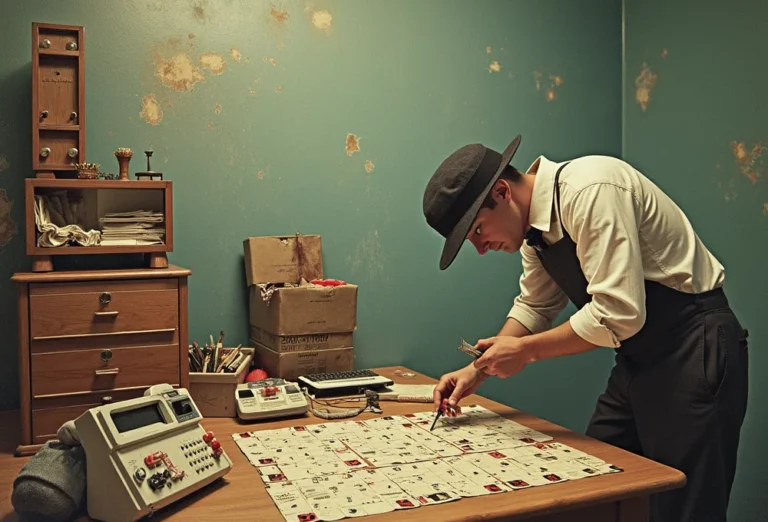Drudgery is a word that often pops up in the popular word puzzle game “7 Little Words.” But what exactly is drudgery, and why does it keep appearing in this brain-teasing game? Let’s dive into the world of tedious tasks and word puzzles to uncover the mystery behind “drudgery 7 little words.”
Table of Contents
Introduction
Drudgery refers to boring, repetitive work that feels like it goes on forever. It’s the kind of task that makes you want to yawn just thinking about it. In the game “7 Little Words,” players solve puzzles by finding seven words based on clues and letter groups. The game is a hit because it challenges your brain while being fun and addictive.
Understanding Drudgery
The word “drudgery” has been around for a long time. It comes from an old English word that meant “to drag.” That makes sense, right? Drudgery often feels like you’re dragging yourself through a task.
In everyday life, drudgery shows up in many forms. Think about folding laundry, washing dishes, or filling out long forms. These tasks aren’t usually exciting, but they need to be done. That’s why drudgery is such a relatable concept for most people.
Drudgery in 7 Little Words
In “7 Little Words,” drudgery often appears as a clue or an answer. The game might give a clue like “boring work” or “tedious tasks,” and players need to figure out that the answer is “drudgery.”
Sometimes, the game gets creative with drudgery-related clues. You might see words like “toil,” “grind,” or “slog” as answers to similar clues. These words all share the idea of hard, often unpleasant work.
Solving Drudgery Clues
To crack drudgery-related puzzles in “7 Little Words,” it helps to think about synonyms. Words like “labor,” “chore,” and “grind” are often connected to drudgery. When you see a clue about boring or repetitive work, these words should come to mind.
Another trick is to look at the letter groups provided. If you see combinations like “dru” or “ery,” it might be a hint that “drudgery” is the answer. Remember, the game is all about piecing together these letter groups to form words.
Why is Drudgery a Popular Puzzle Theme?
Drudgery is a common theme in puzzles because it’s something everyone can relate to. We all have tasks we find boring or repetitive. By including drudgery in word games, puzzle creators tap into a universal experience.
Also, drudgery is a versatile word for creating clues. It can be described in many ways, like “monotonous work” or “daily grind.” This variety keeps the game interesting and challenges players to think creatively.
Psychological Impact of Drudgery
Dealing with drudgery can affect how we feel and work. When faced with boring tasks, our motivation often takes a nosedive. It’s hard to get excited about something that feels like a chore.
But there are ways to cope with drudgery. Some people find that breaking big tasks into smaller parts helps. Others use music or podcasts to make repetitive work more enjoyable. The key is finding what works for you to make drudgery feel less, well, drudge-like.
How Can We Make Drudgery More Bearable?
While we can’t always avoid drudgery, we can find ways to make it less of a drag. One tip is to set small goals for yourself. Instead of thinking, “I have to clean the whole house,” try “I’ll tidy one room in the next 15 minutes.”
Another approach is to turn drudgery into a chance to grow. For example, if you find data entry boring, you could use that time to practice typing faster. Or, while doing repetitive tasks, you could listen to an educational podcast. This way, you’re learning something new while getting through the drudgery.
Conclusion
“Drudgery 7 little words” is more than just a puzzle clue. It’s a concept that touches our daily lives and challenges us in word games. By understanding drudgery, we not only get better at solving puzzles but also gain insights into managing tedious tasks in real life.
Next time you’re playing “7 Little Words” and come across a clue about boring work, you’ll be ready to tackle it. And who knows? Maybe thinking about drudgery in a fun game context will help make real-life drudgery a bit more bearable.
Remember, whether in puzzles or life, drudgery doesn’t have to be a drag. With the right mindset and some clever strategies, even the most tedious tasks can become opportunities for growth and satisfaction.

